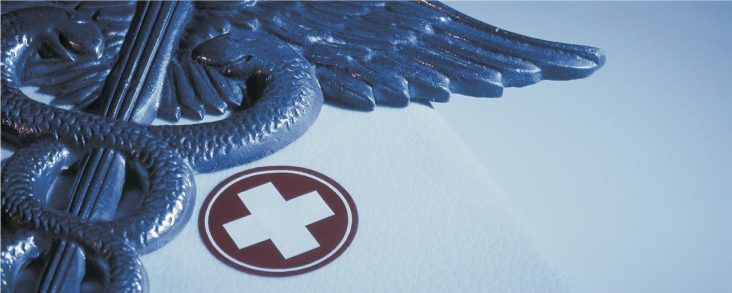Private option numbers still rising; Hutchinson asks for Medicaid plan
by September 22, 2016 4:54 pm 358 views

The number of individuals enrolling in public health care through the private option climbed to 317,289 in August. Meanwhile, Gov. Asa Hutchinson has asked state health officials to create a five-year plan to improve Medicaid sustainability.
Department of Human Services Director Cindy Gillespie notified Hutchinson in a letter dated Sept. 22 that 265,608 Arkansans were enrolled in August in the Health Care Independence Program, otherwise known as the private option.
Meanwhile, another 23,043 individuals were enrolled in health coverage through the private option but were determined to be “medically frail” and placed into traditional Medicaid. Finally, 28,638 individuals have been deemed eligible for coverage and are in the process of being included in the system. Added together, the three categories total 317,289.
The total is 9,411 higher than it was in July, when it was 307,878. The number of private option recipients increased by 7,447 over July, when the total was 258,161. The number of medically frail recipients increased by one. The number of individuals deemed eligible for benefits but not yet enrolled has increased by 1,963.
Gillespie wrote Hutchinson that the increase in the totals is due to the department’s eliminating its backlog over the last several weeks.
The private option is the state program that uses federal Medicaid dollars to purchase private health insurance for Arkansans with incomes up to 138% of the federal poverty level. It was created after the U.S. Supreme Court ruled states could choose whether or not to expand Medicaid coverage under the Affordable Care Act, also known as Obamacare. Arkansas obtained a waiver from the federal Centers for Medicare and Medicaid Services (CMS) in order to purchase private insurance rather than simply expand Medicaid.
The average cost per recipient in August was $480.62, a decrease of 73 cents from the $481.35 cost in July. The state must keep costs below $523.58 under the federal waiver. The state in August paid $95.3 million in premium payments, $35.5 million in cost-sharing payments that defer additional costs recipients otherwise would pay, and $1.1 million in “wraparound costs” such as transportation.
The federal government is paying virtually all of the private option’s costs. But starting in 2017, the state is responsible for 5%, a number that increases to 10% by 2020.
The private option composes $1.6 billion of the $7 billion state Medicaid program, Gillespie wrote.
The state is in the process of obtaining a waiver from CMS that would enable the private option to become Arkansas Works, a similar version that requires more personal responsibility on the part of recipients. Gillespie wrote Hutchinson that approval of the waiver is expected soon.
Hutchinson on Sept. 15 asked Gillespie, Insurance Commissioner Allen Kerr, and Arkansas Health Insurance Marketplace (AHIM) Executive Director Cheryl Smith Gardner to develop a long-term sustainability plan for Arkansas Works and traditional Medicaid by May 30, 2017. AHIM administers the insurance marketplace through which private option policies are purchased.
Hutchinson asked in that letter that the three produce recommendations for slowing the growth of exchange insurance rates, managing costs and reducing risks.
Gillespie wrote that the three are working to project five-year costs and are coordinating that analysis with The Stephen Group, the consultant hired by the Health Care Task Force, a group of legislators overseeing health care reforms. Hutchinson asked that the recommendations be presented no later than Oct. 15.
